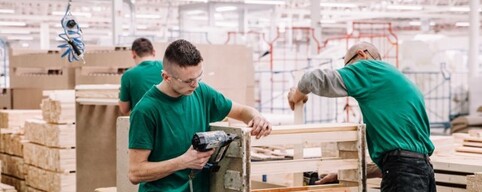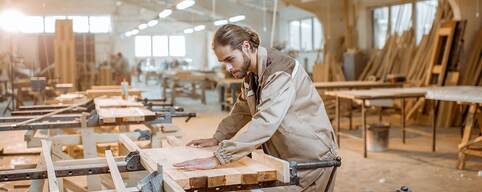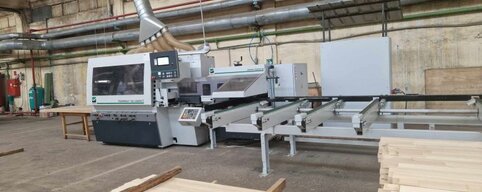

The Dutch furniture industry is in a challenging transition phase, as is evident from the recent research report by Koninklijke CBM. In 2024, there was a remarkable 7% decline in the sector's turnover. The higher segment was particularly hard hit, with a contraction of more than 20%. These figures highlight the urgency of the problems facing the industry and underline the need for change and adaptation.
The Dutch furniture industry faces a multitude of challenges. Firstly, there is the decline in consumer spending caused by economic uncertainties and changing consumer buying habits. In recent years, there has been a shift towards more conscious and sustainable purchasing, which has reduced the demand for new furniture.
Furthermore, labour costs are rising, which has a direct impact on the profitability of furniture manufacturers. The Netherlands has some of the highest labour costs in Europe, and this puts extra pressure on companies that are already trying to compete in a global market. This increase is further complicated by inflation, which increases both the cost of raw materials and operational expenses.
Another critical factor is the significantly higher energy costs in the Netherlands. Compared to neighbouring countries, these costs are three to five times higher, which puts the competitive position of Dutch furniture manufacturers under considerable pressure. Furniture manufacturers have to pay more to keep their production facilities running, resulting in increased production costs and ultimately higher prices for consumers.
The combined impact of these challenges is forcing the Dutch furniture industry to consider innovative solutions and strategic adjustments to make their business models robust and future-proof.
The role of the government is crucial in this regard. Through policy measures and investments, the government can improve the business climate for the manufacturing industry and strengthen the competitive position of furniture manufacturers. This can be done, among other things, by offering tax benefits, subsidies for sustainable energy solutions and investments in infrastructure that focuses on more efficient logistics networks.
There is an urgent need for strategic cooperation between the government, industry and other stakeholders to prevent lasting damage to an important economic sector and to promote future growth.
In these transformative times, it is crucial that companies within the furniture industry proactively innovate and adapt to the changing market and economic conditions. Only through collaboration and revision of traditional business models can the industry continue to look to the future with hope.



